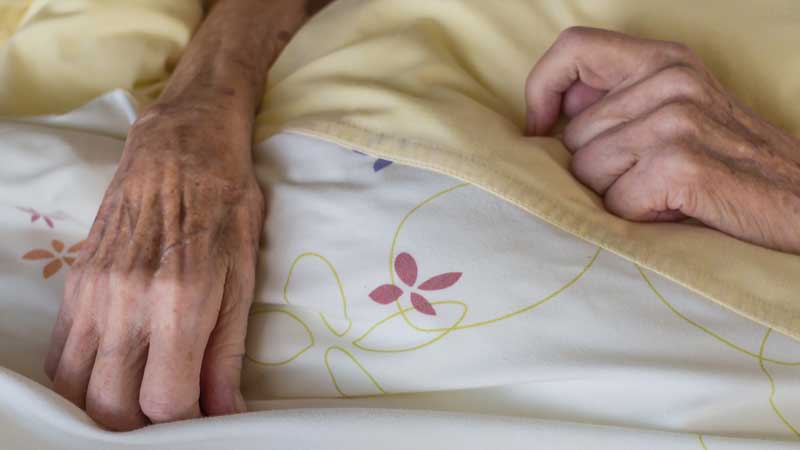The importance of communication in sustaining hope at the end of life
How can health professionals, especially those working in busy environments, foster hope and communicate effectively and therapeutically with patients at the end of their lives? Many authors agree that failure to comprehend the essence of what patients are communicating, either verbally or non-verbally, can adversely affect the level of support that health professionals can offer, and risks increasing patients' suffering and isolation, leaving them feeling hopeless. Anxiety and fear frequently invoke hopelessness and often cause patients to reject advice and important information given by clinicians. This article focuses on the importance of therapeutic communication in sustaining hope for patients at the end of life.
Maureen Hawthorn - Macmillan Senior Nurse Practitioner, Integrated Specialist Palliative Care Team, Wirral Community NHS Trust
